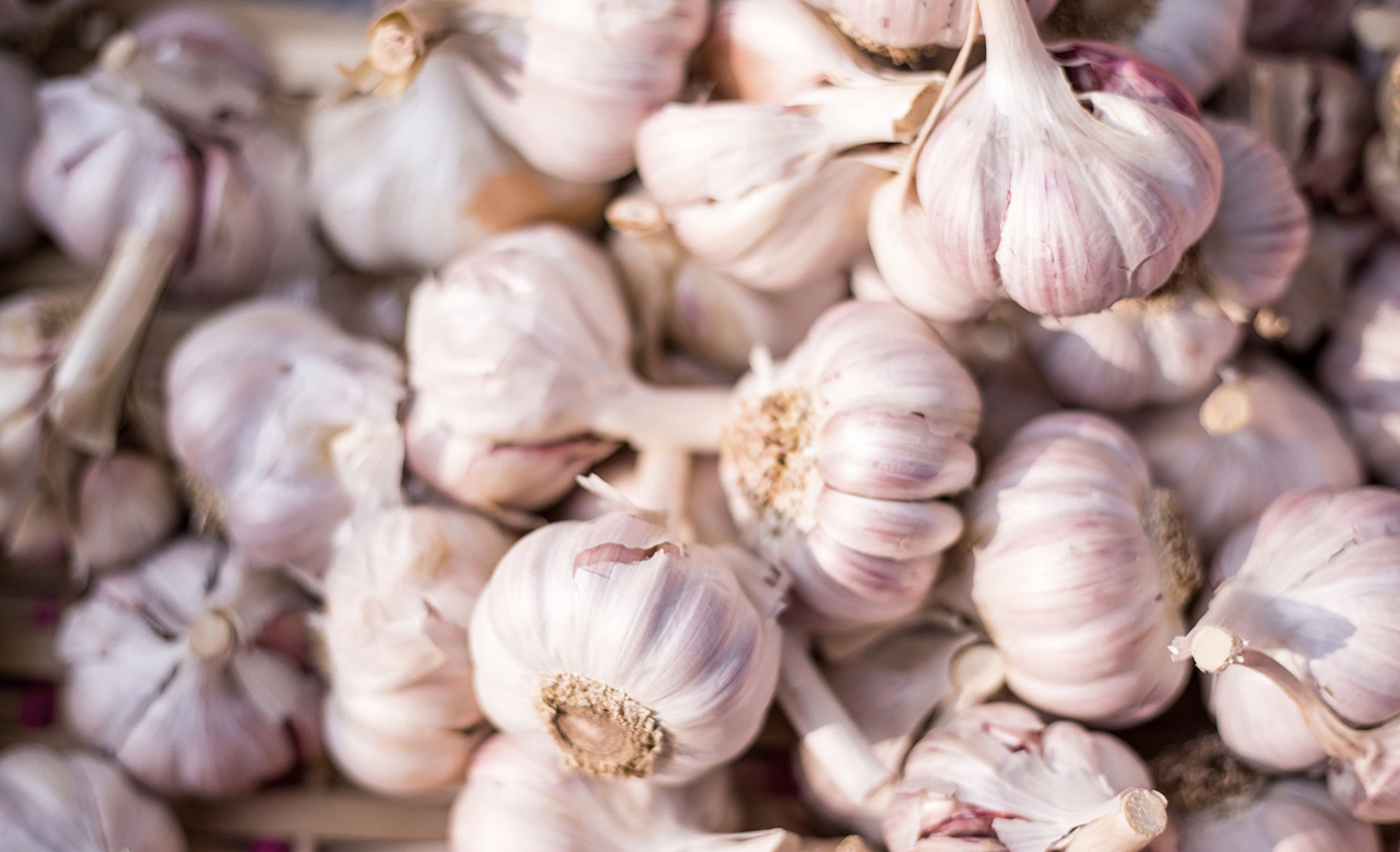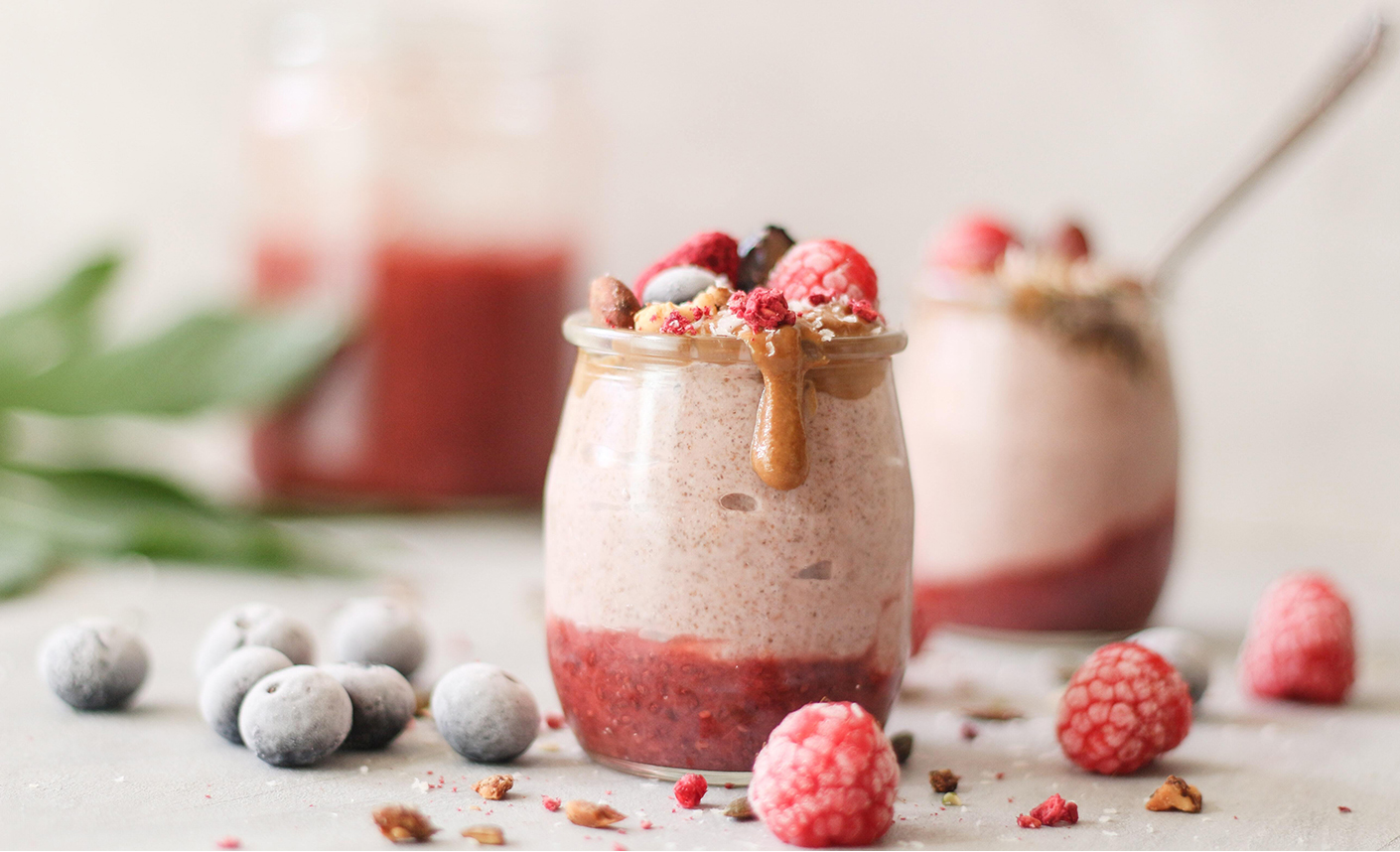How to tell if you have a healthy gut
First things first, what part of your digestive system actually counts as the gut? It’s the nine-metre-long tract which starts at the oesophagus and continues through the stomach to the small intestine and colon. As food moves along the tract, nutrients are absorbed to support physical and mental wellbeing.
Good health starts in the gut, but knowing the difference between a happy gut and one which needs a bit more love can be tricky. We’ve outlined a few signs which indicate your gut is struggling on the inside, so you can keep your eye out for your own health.
You’re having digestive issues
This could be cramps, gas, bloating, heartburn, pooing more than three times a day or less than three times a week, unexpected bloating or difficulty losing weight. Experiencing just one of these, or a combination of several, indicates an unhealthy gut . Visit a doctor if your symptoms are persistent.
You have frequent acid reflux
You’re not the only one – 25% of UK adults suffer from heartburn or acid reflux regularly1. Here’s what to look out for: chest pain after eating or lying down, or upward rising pain from your chest. Symptoms are caused by the process of your stomach regurgitating stomach acid in sufficient quantities to cause pain In the oesophagus (heartburn). Your risk of heartburn and reflux are increased by smoking, drinking too much alcohol or being overweight. If you have heartburn most days for three weeks or more or if lifestyle changes and medications/acid suppressants aren’t helping, then it’s best to see your GP.
You’ve think you’ve got a new allergy
If you develop what seems to be a new allergy to food, it’s worth digging a little deeper. This new reaction to certain foods could actually be intolerance , rather than full blown allergic reaction. It’s easy to get the two confused.
A true allergy happens when the immune system sees a certain food (allergen) such as peanuts, tree nuts, eggs or milk as an invader and triggers an antibody response. When the food allergen comes into contact with the antibodies, these cells respond by releasing certain substances, one of which is called histamine. These substances cause swelling, Inflammation and Itching of the surrounding tissues, which can be Irritating and uncomfortable. Other symptoms of an allergic reaction Include sneezing, wheezing, coughing, shortness of breath, sickness, vomiting and diarrhoea.
Whereas an intolerance doesn’t involve the immune system, and although not life threatening unpleasant symptoms can last for hours or days after eating the offending food. Symptoms usually affect the gut and include bloating, diarrhoea, constipation and IBS.
You’ve got unexplainable headaches
That banging headache you just can’t shift could be another sign of a food intolerance. Chemicals called vasoactive amines, which include histamine, occur naturally In certain foods such as cheese and wine and some people aren’t able to break them down In their digestive systems, causing headaches, rashes, flushing and other symptoms. Writing down what you’ve eaten when your headache hits could be helpful as it may indicate a pattern. You can then try excluding foods that you think are causing your headache and reintroduce them gradually. And be sure to speak to your doctor if symptoms persist.
You’ve always got a cold
It’s not pleasant to feel permanently blocked up. What if we told you the cause of your never-ending cold isn’t the office air con? It may be coming from your gut. In fact, between 70-80% of your immune cells are in your digestive tract which help to repair tissues and defend against infection. Your community of bacteria living In your gut, known as the ‘microbiome’ also plays a key role in regulating our immune system2 if the gut isn’t healthy, chances are you won’t be either.
You’re breaking out in spots or rashes
The skin is an Important window to your inner health. Clear complexion can indicate a happy gut, but anything from severe acne to light breakouts may be a sign of an unbalanced microbiome. Your gut microbiome communicates with your skin in a number of ways and influence one another’s health. To help achieve a radiant complexion, it is recommended to consume a diet high in the vitamins and minerals known to support skin health such as Vitamin A, C, B3, B7, zinc and iodine as well as fibre, particularly fermentable fibre. Fermentable fibres such as chicory Inulin feed the good bacteria in the gut microbiome, and emerging evidence suggest that probiotics could also contribute towards keeping skin healthy3. So step away from the toner, harsh chemicals can’t provide a long-term solution but a healthy diet may be able to help.
We hope this list has shed some light on your gut. Next time something seems off, make sure you consider the role of your gut.
1https://gutscharity.org.uk/advice-and-information/symptoms/heartburn-and-reflux/
2 Kylie James et al. (2020). Distinct microbial and immune niches of the human colon. Nature Immunology.
3https://www.bda.uk.com/resource/skin-health.html




